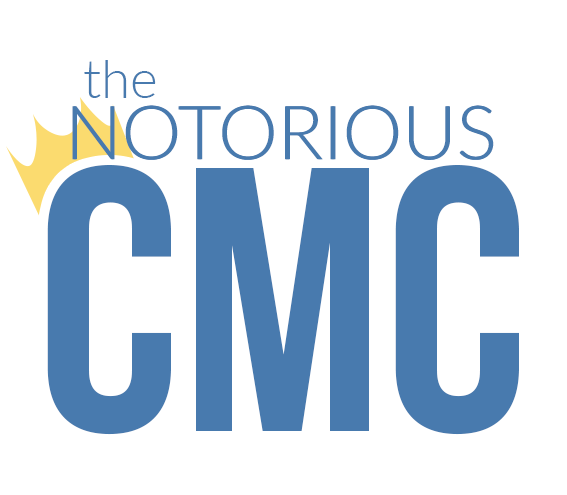CMC: It’s all about the workload

Every time mental health comes up at Diamond Bar High School, many are quick to blame the school’s toxic, competitive atmosphere for much of the stress students face. Attempting to mitigate the damage this has on students’ mental health, the administration has promoted mental health through a variety of events like Wellness Wednesday and Wellness Weeks.
However, none of these palliative treatments actually help any of the students who truly struggle with self esteem or stress. If the school administration truly wants to improve the overall mental health of the student body, it needs to lessen students’ workloads by tightening prerequisite requirements for AP classes and coordinating directly with teachers to change curricula and course loads.
When you ask a student why they’re stressed, the usual answer will be that they have piles of work, clubs to attend and tests to study for. Few people will tell you that they’re stressed out because they think their peers see them as an underachiever; this isn’t the direct cause of pressure on students.
The true harm of the infamous DBHS atmosphere is that it causes students to take harder classes than they can handle. As a result, they’re stuck with impossible workloads. However, students stick around and stay silent about their grades in hopes of flying under the radar—in the eyes of one’s peers, dropping a class is worse than just taking an easier one from the start. No amount of social media complaints, petitions or wellness events will change this.
The school could create a difference if it enacted measures to limit the course loads of its students. For example, more stringent prerequisite grade requirements for AP classes would ensure that students are ready and able to handle the classes they’re taking. Sure, some students would be unable to move on to higher level courses, but those who do would likely not have succeeded to begin with. And while the school may not be able to outright stop students from taking higher level courses, a stricter prerequisite would at the least deter the majority.
However, there are many who end up drowning in mountains of schoolwork despite taking classes that they are adequately prepared to handle. This is indicative of a fundamental flaw in several high-level DBHS courses: They’re laden with redundant and inane assignments. Though not the case for many courses nor teachers, enough have more assignments than necessary to make an impact on many DBHS students. After all, it only takes one or two homework-heavy courses to overwhelm a student’s schedule. And while it’s clear that certain projects and assignments are beneficial to students, many aren’t and could be removed without sacrificing the quality of education received.
As for the infamous DBHS math department, I’m sure anyone who’s taken the AP Calculus AB test after the course itself would agree that the curriculum is overkill. The level of difficulty in some courses taught at DBHS is entirely disproportionate to that of other schools, let alone the AP test.
Of course, this has led to a higher pass rate than just about any other school in the country, but if it’s at the expense of our students’ mental health, it shouldn’t be considered an achievement at all. Other courses on campus suffer from similar issues: In an admittedly well-intentioned attempt to help students pass AP exams at a higher rate, many are pushed beyond reasonable limits. So by asking teachers to make slight adjustments in the overall curriculum, the administration could greatly reduce much of the stress at Diamond Bar.
So, why doesn’t the administration enact any such changes? Aside from the fact that they’re overburdened with work to begin with, my guess is that the backlash they would receive from teachers and parents simply isn’t worth it to them, let alone that they would never be able to enforce any changes, as teachers often ignore instructions the administration doles out. During distance learning, teachers were asked to be more lenient in assigning workloads this year. Haven’t noticed a change? Me neither.
In the end, the school is simply accustomed to the suffering of its students. Despite all of its attempts to make a difference, they’ve never stricken the problem at its core, and never will because hosting motivational speeches is easier than doing a curriculum overhaul.
And while it may be idealist to expect any better from a group so blatantly overworked to begin with, I hope that change will come regardless—if not for us, then for the future generations of high school students who are soon to enter the cycle of stress that, for the past decade, has only grown worse with time.
Your donation will support the student journalists of Diamond Bar High School. Your contribution will allow us to purchase equipment and cover our annual website hosting costs.








